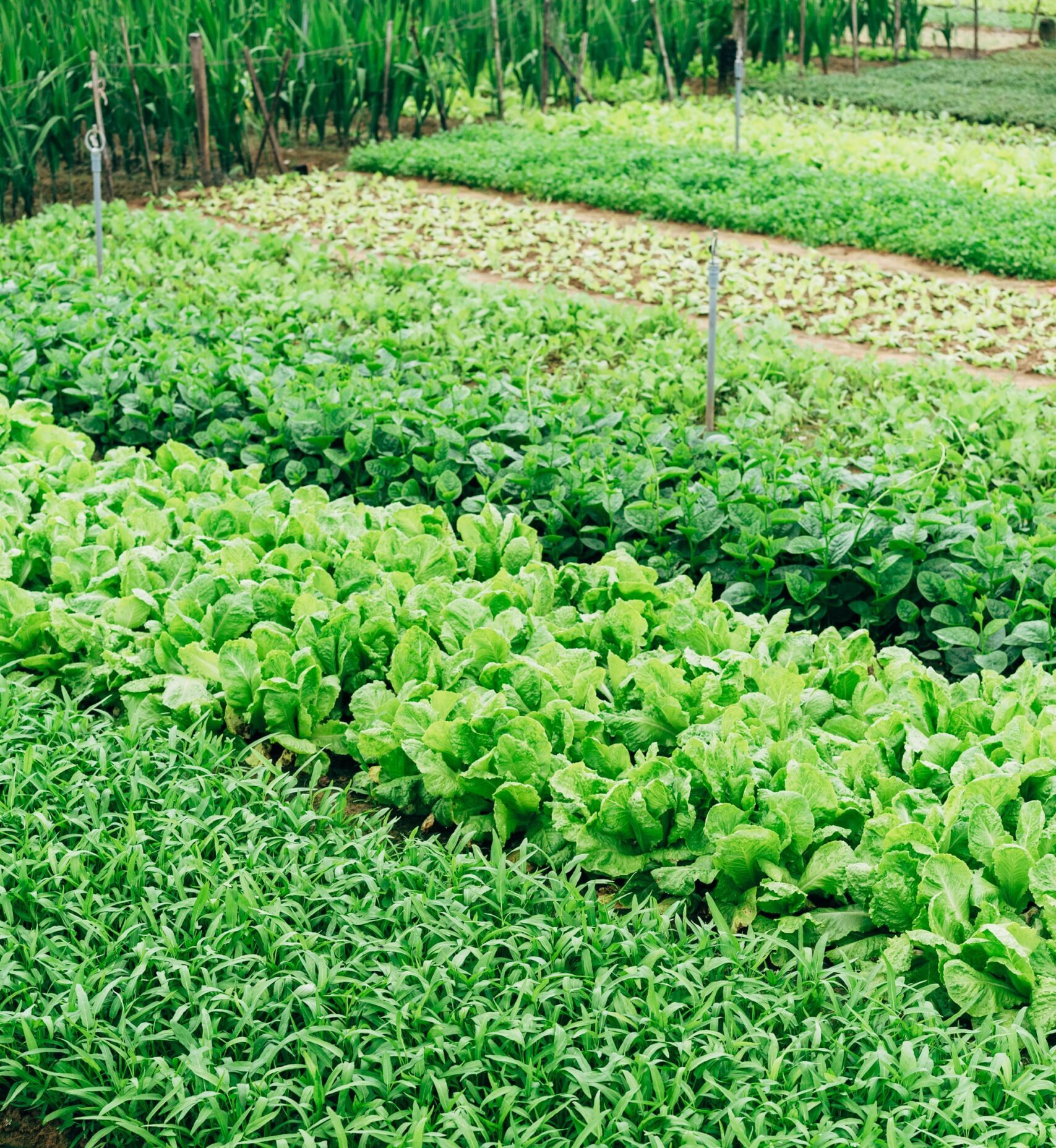Try as we might with our ambitious pursuit to work towards a future where we no longer consume any disposable packaging, it’s vital that we think in terms of stepping stones. Baby steps. That we’ll somehow leap from the present day and age of plastic-wrapped everything to some kind of utopian, entirely circular economy is a beautiful, but futile dream.

The problem is multifaceted with each of us pegged at a different tier. Not everyone is gifted the education that impresses upon them the impending doom that follows if we continue on this wasteful trajectory. Likewise, many of us aren’t in close proximity to a “danger zone” (i.e. fragile coastal habitats, decimated rainforest etc.) so a lot of damage goes unseen. There are financial limitations that mean many of us can’t always choose the most chic, ethical option available on the shelf. Plus, there’s availability; small-town Middle America is a very different place to New York City.
It is because of these complexities—this wicked problem when it comes to intersectional environmentalism—that we must take into account our very different journeys and circumstances as we plan how best to move forward as a society. Particularly when it comes to plastic pollution. While not ideal, because I know that ultimately we must shift our mentality from disposable culture, the truth is that we don’t live in a perfect world and as such, it’s about finding immediate solutions that are at least a step in the right direction. Plant-based plastics offer exactly that.
A Dutch company called Avantium is hoping to launch a pioneering project to start producing plastic packaging, such as drink bottles, made entirely out of plant sugars. Backed by powerhouses like Coca-Cola and Danone, this promises to offer innovative technology on a massive, global scale.
Having worked in a lab and tried for years to find plant-based alternatives to common disposables like sample pots and pipette tips, I got close to my wits end hitting one brick wall after another when I couldn’t find anything suitable. The truth is that if it isn’t lucrative, there’s no incentive for manufacturers to go there. In other words, if there isn’t large, corporate backing, it’ll rarely take off. Hence why bioplastics aren’t yet commonplace on the scale we’d ideally like.
It’s all about supply and demand. Greater demand means a greater avenue for production, which means pushing down the cost of manufacturing, which means easier accessibility for the masses. This means—finally—an opportunity for the phasing out of current plastics, in favor of more sustainable options that don’t harm the planet. Can you even imagine?

Avantium’s bioplastics are robust enough to handle carbonated liquids—a major first step in being able to be a direct replacement for so many beverages on the market. Using sugars from corn, wheat or beets in their impressive YXY Plants-to-Plastics technology, plant sugars are converted to FDCA (furandicarboxylic acid) and PEF (polyethylene furanoate) and able to replace the most common petroleum-based plastics currently used in production.
As with any kind of replacement though, consumers—now more than ever before—don’t want to just settle for the same. We (I include myself in this) want better. And this PEF offers exactly that. Compared to PET, PEF has an oxygen barrier that is 10x stronger, a carbon dioxide barrier that is 6-10x more efficient, and a water barrier that is twice as good. It’s also heat resistant and physically stronger. Think about the endless possibilities of getting such efficient, clean materials into the mainstream. No longer will we be relying on polyester and acrylic athleisure wear, for example. Instead, garments could be entirely plant-based. This reduces the number of microfibers being shed into our waterways. Also, consider that all kinds of packaging and films could be replaced, maintaining that all-important protection of goods, or hygiene, only without detriment to the planet.
Preliminary tests indicate that under industrial composting conditions, PEF degrades in 250-400 days. That includes air/oxygen exposure at 58°C/136°F in soil. The time taken under ambient conditions is still being investigated. This highlights the importance of having not only these sustainable materials transitioned onto the market, but also proper facilities for rapid breakdown. I don’t think we’re quite there yet, but I’m hoping this follows in the tailwind, if these plastics are rolled out across industry.
There’s no magical solution to our plastic situation. But, one step at a time, we each have the ability to make decisions that propel things in a healthier direction. Back game-changing technologies wherever you can, talk about those companies striving for better, and reach out to let them know that you appreciate their efforts. Together, this is how we change the world.
What do you think about this promising new plant-based plastic?
Also by Kat: Tofu, Edamame & Soy Sauce Fine, But Soybean Oil Found To Be Harmful To Brain
Why Indigenous Peoples Are The Untapped Key To Mitigating The Climate Crisis
Related: French Company Unveils Enzyme That Decomposes Plastic In Hours, Not Centuries
Get more like this—Sign up for our daily inspirational newsletter for exclusive content!
__




